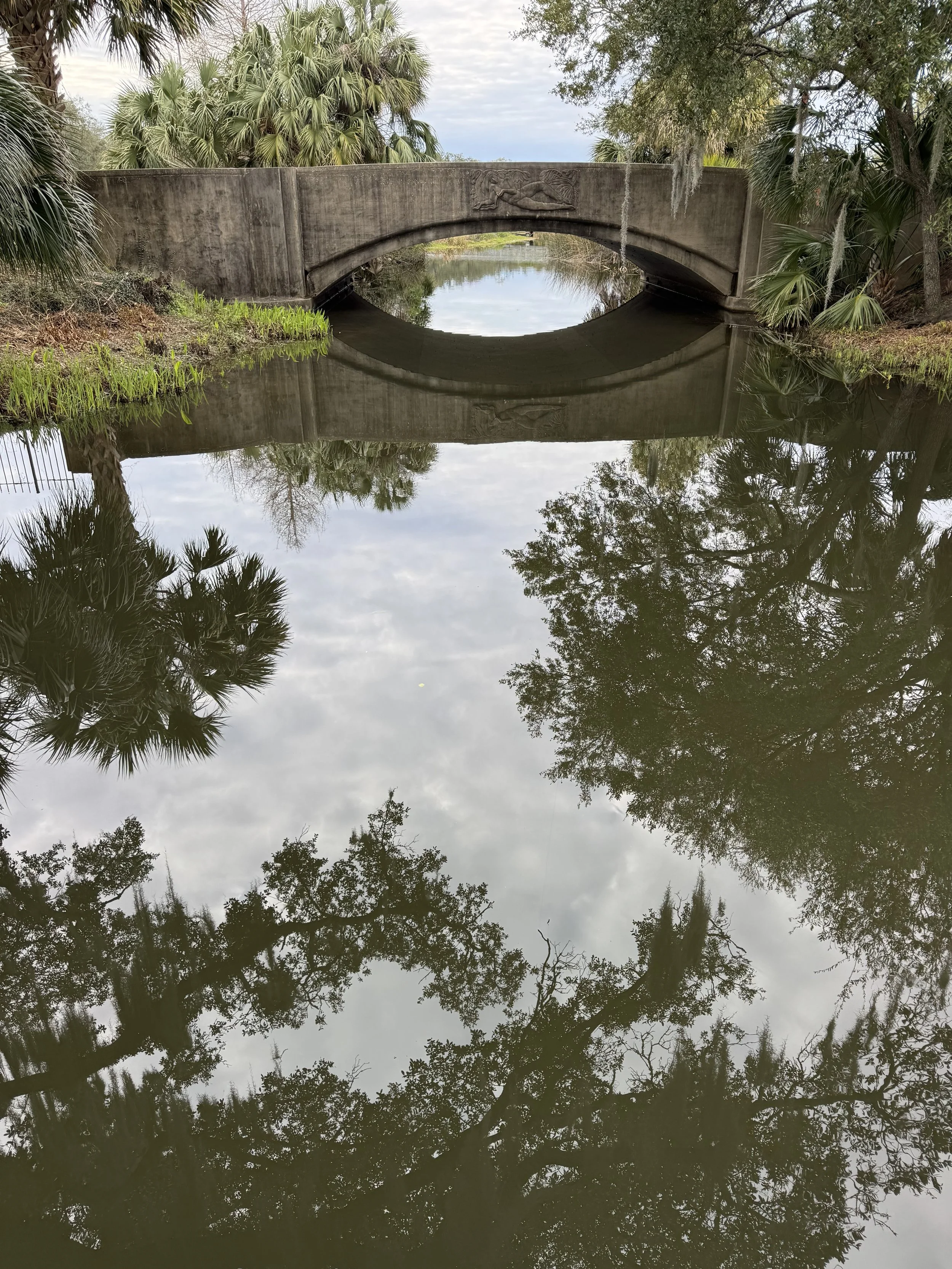
The State of EPR: From Policy to Operations
Extended Producer Responsibility (EPR)
Extended Producer Responsibility (EPR) is a policy approach that shifts the funding and responsibility for managing packaging and paper waste away from local governments and onto the companies that produce and sell those materials.
This concept is not new. EPR has existed for decades in the U.S. for products like paint, mattresses, batteries, and electronics. What is new is the scale, scope, and operational impact of packaging EPR. Bolstered by the fact that multiple state programs are now live at the same time.
As early as 2021, organizations like World Wildlife Fund were describing EPR as a necessary mechanism to modernize recycling systems and stabilize funding. That prediction is now becoming reality.
Oregon legislature passed the Recycling Modernization Act
Maine passed the Stewardship Packaging legislation during the 2021 legislative session
California’s EPR program passed in June of 2022
Colorado’s EPR programs passed in June of 2022
Minnesota passed their EPR in 2024
Maryland’s governor signed a new EPR legislation in 2025
Washington also signed EPR into law in 2025
Several additional states — including New York, Illinois, and Tennessee — continue to actively debate EPR, with legislative sessions beginning early each calendar year
Why does EPR matter?
Companies are making commitments to increase recycling and to increase the use of recycled material. As You Sow put out a 2024 Plastics Promises Scorecard. 100 of the 225 companies evaluated have a plastics reduction goal and 145 have goals to increase the use of recycled material. Those looking to buy recycled material to put back in packaging find that there is not enough material out there for the demand.
Insert Extended Producer Responsibility (EPR). It appears to be the only proven way to reliably increase recycling rates while simultaneously increasing the quality of the material collected. With an increase in quality, comes an increase in a responsible end market for the material.
California’s legislation states that if a material is not deemed recyclable by 2032, it is no longer eligible to be sold into the state. Each state has various versions of this same mandate. This deadline, coupled with fee structures, the materials market will shift in line with EPR implementation.
Extended Producer Responsibility (EPR) is here. Your company needs to prepare. If you do it well, you can turn the pending recycling infrastructure changes into a business benefit.
What’s changed: EPR is now operational
For several years, EPR in the U.S. existed largely in legislation, rulemaking, and program design. Today, that has shifted.
EPR is now operational across multiple states at the same time. That means:
Producers are registering and reporting
PROs are issuing invoices
Service providers are being contracted and reimbursed
End markets are being evaluated against formal standards
This shift exposes real operational, financial, and organizational friction — especially for companies operating across multiple states.
What does this mean for producers?
In multiple states, EPR is no longer a single-state compliance exercise. The most common challenges we’re seeing include:
Overlapping reporting and fee timelines
Internal data that was never designed for EPR use
Confusion around who the legal “producer” actually is
Limited visibility into how fees will stack across states
Late involvement of finance and operations teams
Preparing for EPR
Extended Producer Responsibility is here. The question is no longer if companies need to prepare, but how.
When approached strategically, EPR readiness can:
reduce operational risk
improve cost predictability
strengthen internal alignment
and support long-term packaging decisions
CSY Impact Consulting supports producers, retailers, and service providers as EPR moves from theory into operations, with a focus on readiness, financial planning, and practical execution.
The goal isn’t just compliance. It’s confidence.
FAQs
-
-
Producer Responsibility Organization (PRO) or a Stewardship Organization (SO) is the official term used in the statutes passed to date.
Circular Action Alliance (CAA) is the approved PRO in Colorado, California, and likely to be selected in Mid-February 2025 in Oregon.
CSY Impact Consultant’s founder Christine Yeager was one of the early team members at CAA to establish strategy, communications, processes, and technology to support producer services at CAA.
-
It’s hard to have a crystal ball, but it does seem that EPR has momentum in the US and has been successful in the EU at improving recycling rates. 12 states have active legislation this year.
Sustainable Packaging Coalition has an active EPR tracker that you can reference. https://epr.sustainablepackaging.org/policies
-
The first reporting deadline in the US is March 31, 2025 for paper and packaging sold in Oregon.
Each state has a unique set of covered materials. Circular Action Alliance (CAA) is working to harmonize, but that won’t likely happen until all state’s have finalized their list of covered and/or reporting materials. CAA will do what they can in the interim, but some of it is out of their hands. What can you do now?
First: Begin mapping your SKUs to the covered materials:
Oregon Covered materials are in the latest Program Plan 3 submitted in December on page 190+
a draft of Colorado Covered materials was shared as part of the program plan submitted in early February
Second: Companies can use Oregon’s latest Program Plan to estimate fees expected in Oregon. While the program plan for Oregon has been approved, the fee schedule will not be final until producer supply data has been submitted and analyzed. Colorado uses the term “Dues” to describe their fees and a high-low scenario was included in the latest program plan shared with Colorado Department of Public Health.
A company could use these 2 fee schedules as a proxy to estimate fees in other states. However the program costs for each state will be unique and therefore this data should only be used as a high-level estimate.
Third: Take stock in the overall impact of your packaging against the market. This can be in the form of an LCA. This will allow you to begin to see how much potential benefit you can or will eventually gain from packaging changes.
Finally: Begin innovation planning to increase easily recyclable materials, recycled material used in your products and decrease use of hard to recycle materials.
Contact us at CSY Impact Consulting if you’d like help with EPR compliance




